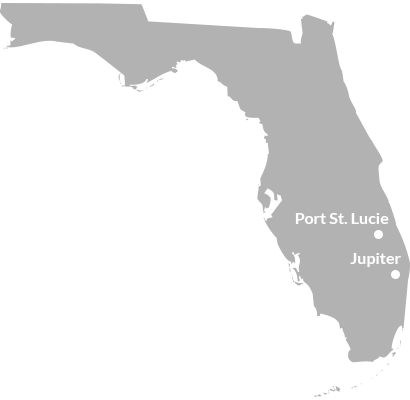1. Tenting a House
The tenting process involves a complete covering of your house with tarp panels. This creates a sealed casing for the pumping of a poisonous gas throughout your home that will kill your termites. It even penetrates the wood and timbers where termites tend to hide and feast.
Buildings get tented for as little as a few hours or as long as a week. The length of time depends upon the size of the structure, as well as the extent of the damage.
Tenting a home is a highly effective means of destroying insects. It can cost anywhere from $1,000 to $4,000.
2. Preparing For Tenting
The gas emitted during tenting can be very harmful to living things. Before tenting, you, your children, your pets, and your plants need to leave the home. You may have to make arrangements to sleep somewhere else for a few days.
You should also remove all bed linens, food, and food prep items. Any consumable items that you are leaving in the house, including dental items, pet foods, or medicine, should be double-sealed in bags provided by your professional extermination service. Only food still sealed in original cans, bottles, or jars, with the original seals still intact, do not have to be double-bagged.
A licensed professional fumigator can help prepare your property by making sure that all drawers, windows, doors, appliances, safes, and closets in your house are open. This will maximize the effectiveness of the gas. You should also be sure to raise all blinds and windows.
Since some gasses can leak out the bottom of your tent, you will want to remove everything that is within a foot away from your home on the outside.
While electricity should be on during the fumigation so equipment can run, all gas should be shut off. You can leave a key for your extermination professional.
3. The Fumigation Process
Right before your home gets fumigated, the structure is sealed off at entrances and exits. Warning signs should get posted to warn passers-by. Your professional exterminator should also install a secondary locking system to prevent anyone else from entering the house during fumigation.
The most active gas in most commercial brands is sulfuryl fluoride. It will kill almost everything living inside the tented area, including roaches, lizards, and ants.
You can help your fumigator by preparing a garden hose for their use. They will use this to wet the soil around your structure to ensure that the fumigant will penetrate the surrounding soil.
The fumigant gas is then pumped into your house. After the fumigation is complete, your professional can test the air samples to determine if your house is safe enough for re-entry. Residents are then allowed back into the house.
4. After Fumigation
Give yourself an extra day to settle into your home before bringing your kids, pets, and plants back in. Keep in mind that termites can survive up to a week after a lethal dose, so a few may still be around up to a week after fumigation.
If you feel dizzy or nauseous after re-entering your home, contact your doctor, poison control, and the company who fumigated your home immediately.
It is important to continue annual inspections after your fumigation to make sure that termites do not re-infest. Sealing all cracks, crevices, and joints can help prevent termites from returning. You can also install screens on your attic or foundation vents.
To prevent termites from getting attracted to your home, get rid of any dead trees or lumber in your backyard. You can store any firewood or lumber further away from your home to prevent easy access.
5. Subterranean Protection
While tenting will kill most of the termites inside your home, it will not kill those that linger on the ground underneath it.
You may want to consider treatments for subterranean termites. These include chemical barriers that get placed in the soil around your house. They can also be pumped into the concrete foundation using drilled holes.
Baiting systems that use in-ground canisters with poisoned wood can also be installed around the perimeter of your home.
Breaking Free
Once you have contacted a certified professional, removed all living things from your home, and sealed off all entrances and exits, you will be ready for professional termite fumigation. Tenting a house can be an easy and effective process when you prepare for it properly.
For more information on pest control, contact us today.


